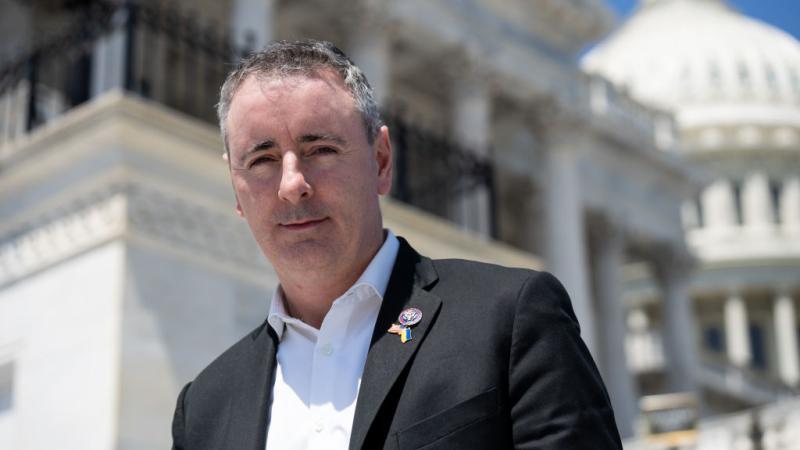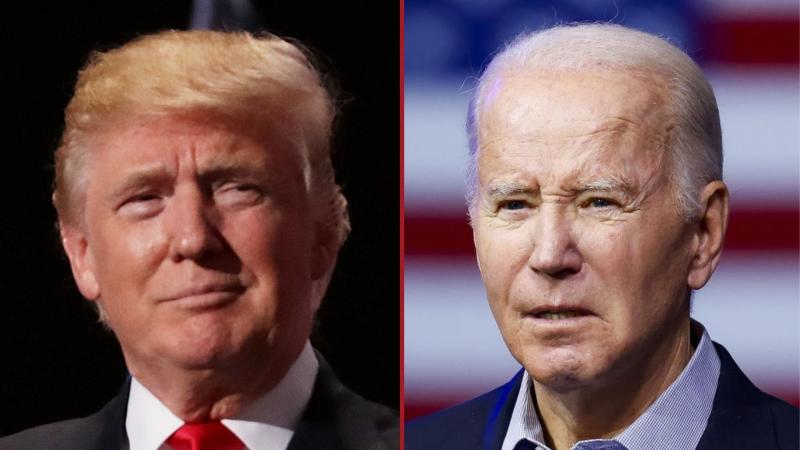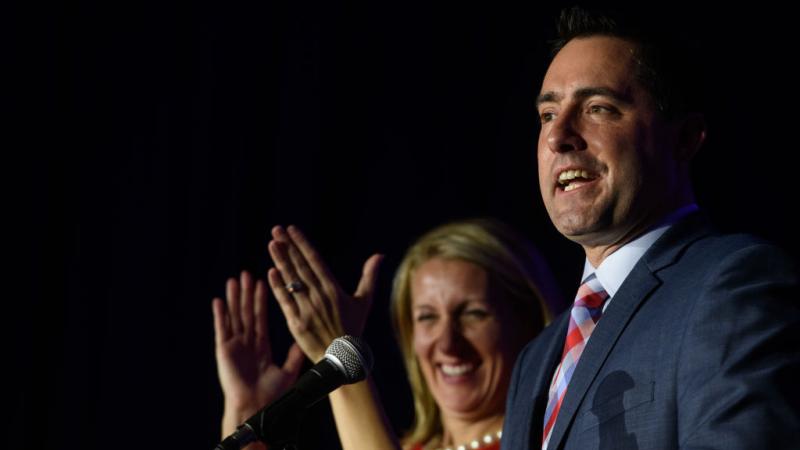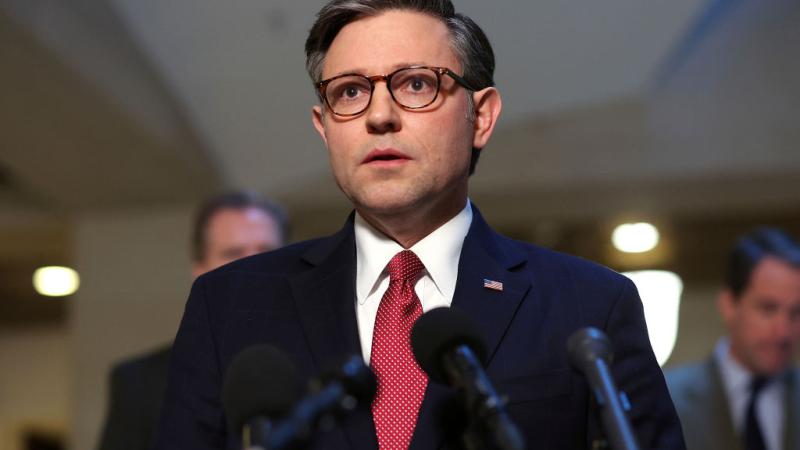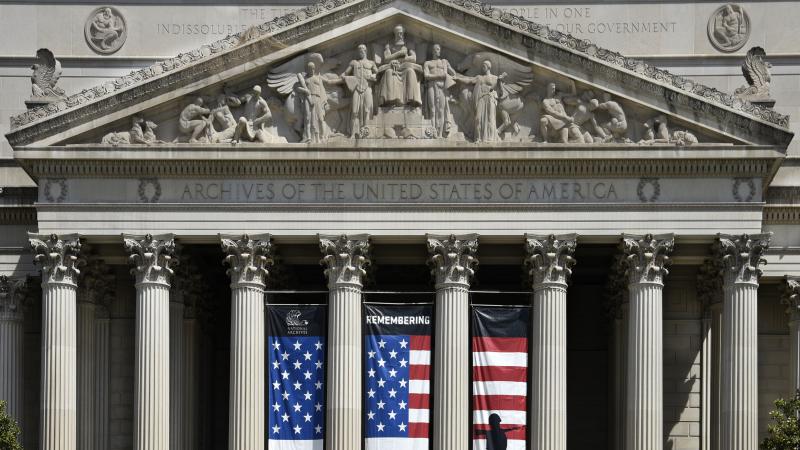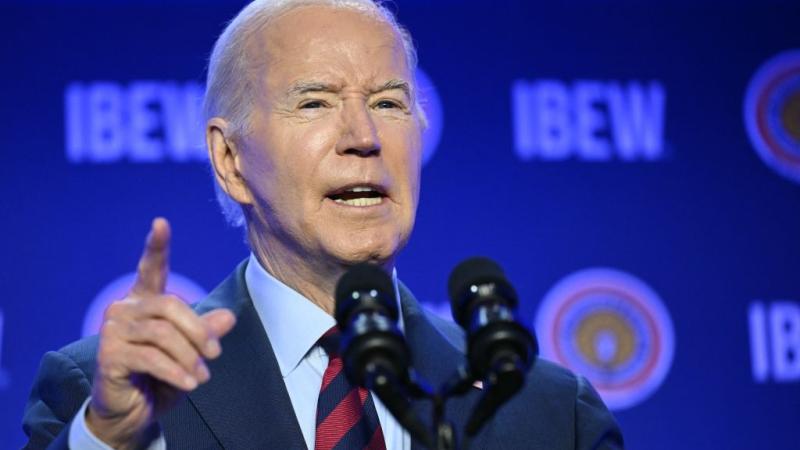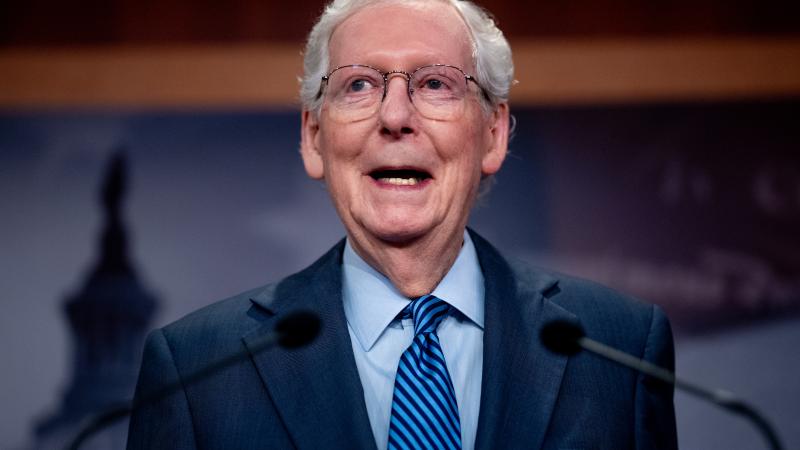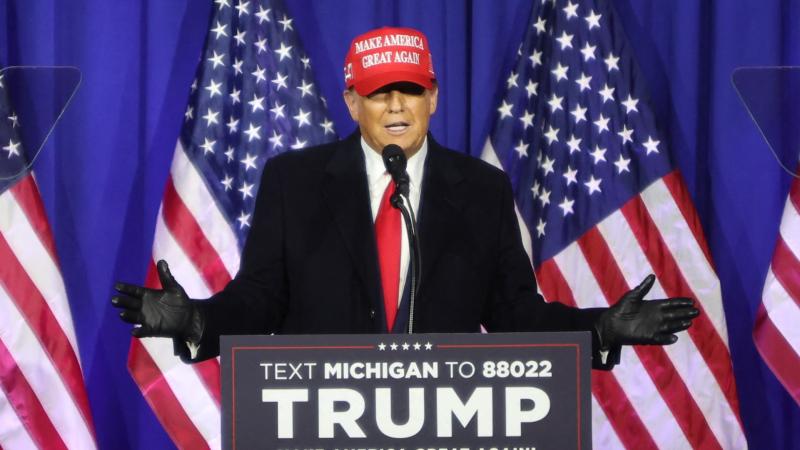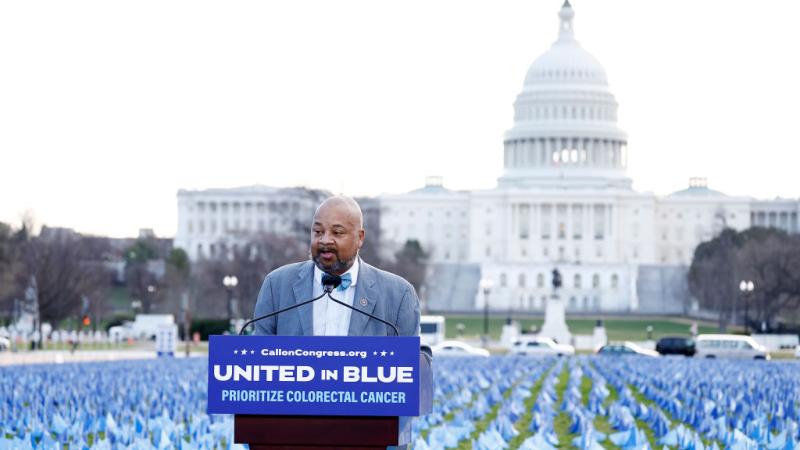Cities, counties paid poll workers more in 2020 election despite decreased in-person turnout
Several strategic, Democrat-leaning swing-state cities and counties added more poll workers and paid them better with the aid of large grants from Mark Zuckerberg-funded nonprofit.
While the COVID-19 pandemic caused voters in numbers to cast their ballots via mail during the 2020 election, several strategic, Democrat-rich, swing-state cities and counties hired more poll workers and paid them better than in the past, despite fewer voters casting their ballots in person.
Detroit, for example, reported that $5.6 million out of the $7.4 million total received in grants from the Mark Zuckerberg-funded Center for Tech and Civic Life was spent on "poll worker recruitment funds, hazard pay, and/or training expenses." In its post-election grant report, the city's department of elections expressed pride that that CTCL funds "allowed us to hire more quality staff because we were able to pay them more."
According to a November report by Just the News, Detroit also signed a $1 million contract with William A. Phillips' "staffing firm P.I.E. Management, LLC to hire up to 2,000 workers to work the polls and staff the ballot counting machines." In recruitment ads, the management contractor offered workers a choice of two shifts: a 12-hour day shift paying $50 per hour or an 8-hour night shift at $81.25 per hour.
Detroit reported 257,619 total ballots cast, of which 178,000 were absentee ballots, according to The Detroit News. This would mean 79,619 voters voted in person.
In Fulton County's CTCL grant report, $1,187,548 was spent on "Poll worker recruitment funds, hazard pay, and/or training expenses." But only $551 was spent for vote-by-mail/absentee voting equipment or supplies.
Fulton County's CTCL grant extension report gave different numbers, with $1,177,996 spent on "poll worker recruitment funds, hazard pay, and/or training expenses" and $449,887 spent on vote-by-mail/absentee voting equipment or supplies.
In Philadelphia, of a total of 741,377 votes cast, 371,566, or about half, were absentee. According to the city's CTCL grant plan, $5,500,554 was needed for "mail-in and absentee and processing equipment," $2,272,220 for "satellite election offices for in-person mail-in voting" and $1,321,300 for "in-person voting at polling places on Election Day." A total of 8,515 poll workers were needed for 800 polling places on Election Day, with $100 hazard pay per person.
In Wisconsin, the state's five largest cities submitted a joint election proposal to CTCL, the Wisconsin Safe Voting Plan. Under the plan, Green Bay sought "to hire a total of 380 workers per election (total $112,660)" and boost their pay by half for the 2020 election. "The City would like to pay poll workers more than they have previously received, to signify their importance in the process and to acknowledge the extra challenge it represents to serve as an election official during a pandemic," the plan explained in justification of the raise. "The City would like to increase poll worker salaries by 50% (additional $56,330)."
Madison, home to the University of Wisconsin, requested "resources for hazard pay for poll workers this fall at a rate comparable to what the U.S. Census is paying in the area ($369,788)."
Milwaukee reported that it needed 1,200 election workers minimum and 150 chief inspectors, for all of whom it sought large hazard pay bonuses, as follows: "The City would like to add an additional $100 per worker in hazard pay to the poll workers' stipends of $130 ($460,000 additional for both elections) and $100 hazard pay to chief inspector stipends of $225 ($87,750 additional for both elections). Additionally, the City of Milwaukee utilizes a Central Count of absentee ballots, which necessitates 15 chiefs and 200 election workers per election at Central Count ($50,000/day for 2 days each election for a total of $200,000)."

